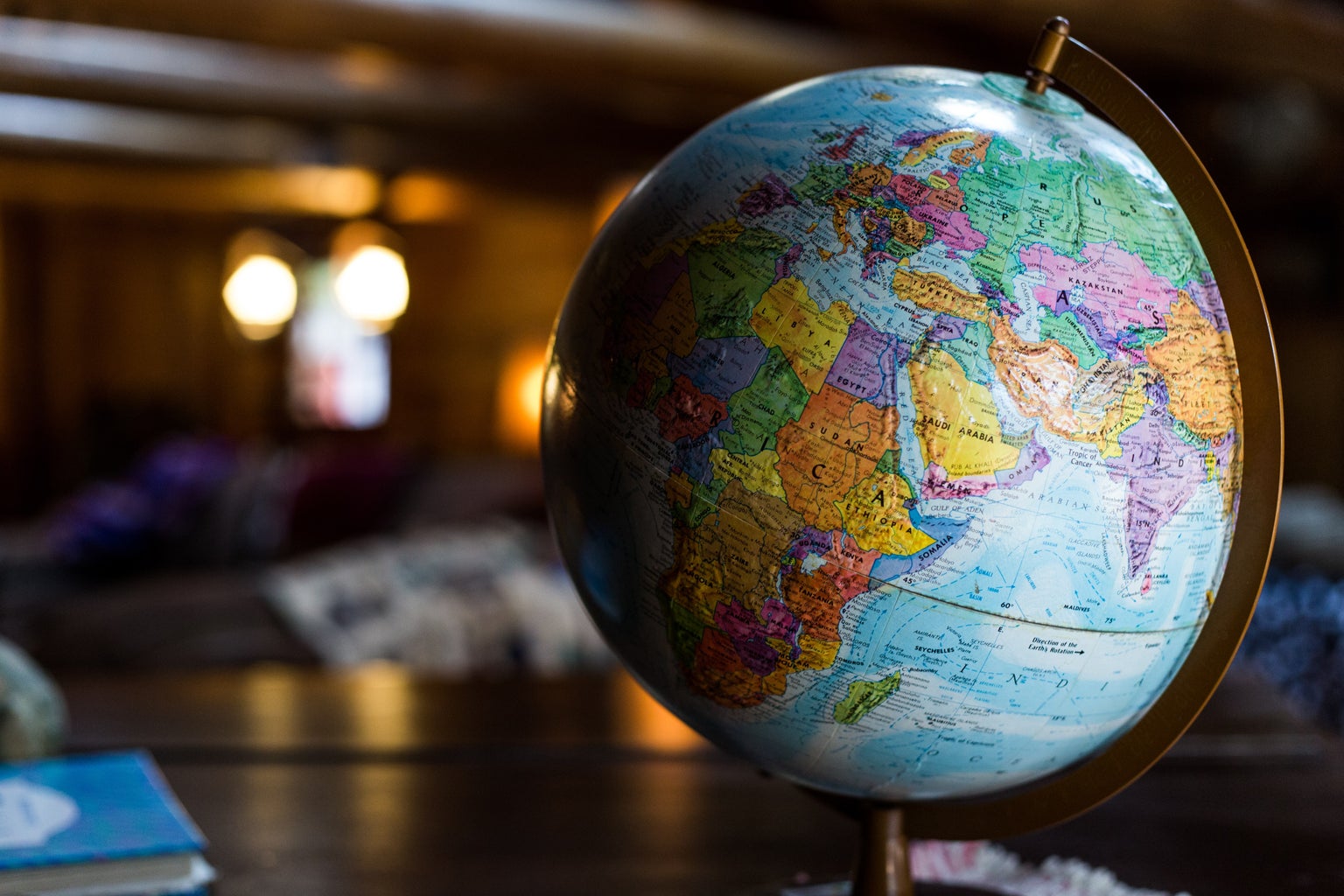Very rarely do we get the opportunity to meet people of influence and learn from them. That is why when I had the opportunity to do so, I took advantage of it. Yearly, the TCU John V. Roach Honors College brings renowned guests to campus every year through the Fogelson Honor’s Forum. As a result, a couple of weeks ago, I had the incredible opportunity to take part in a student Q&A session with the one and only Amal Clooney.
For those who may not be familiar with her work, Amal Clooney is an international human rights lawyer and barrister with law degrees from New York University and Oxford. She works to represent victims of genocide in Syria and Sudan while advocating against human rights violations in Myanmar, Ukraine, and more. Along with her husband, Amal Clooney founded the Clooney Foundation for Justice to advocate for human rights. For close to an hour, I, along with other students, got to ask Amal Clooney about her inspiring work and pick her brain about what changes she hopes to see in the world.
Here are a few things that I learned:
1) Ask Questions
As simple as this may sound, I think hearing this piece of advice from a global leader reinforced its importance in my mind. From her time in school at Oxford to working at the Peace Palace, she describes her curiosity as a skill she used to maximize her learning at every stage of her career.
2) The Asset of Empathy
Clooney talked about a common misconception that bringing work home and letting it affect you was considered a weakness in the field of law. She quickly pokes holes in this idea stating that it is impossible to not bring her work home with her due to the horrible nature of many of her clients’ experiences. Rather, she emphasizes that her empathy provides her the motivation to fight on behalf of clients she represents who don’t have the voice and platform that she does.
3) Delayed Gratification
The previous idea of empathy ties heavily into delayed gratification. Clooney often mentioned that the reward of her hard work doesn’t often appear immediately. She gave the example of clients that she has represented who have been detained for unjustifiable reasons. Due to the client being imprisoned, the joy of being able to meet the individual and connect with them and their family only comes after she wins the case and gets the individual released from detainment.
Of the thousands of criminals associated with ISIS who have tortured women and young girls, Clooney mentions that only three people have been charged in the international court for their human rights violations. While she admits her work can be exhausting and discouraging at times as progress comes very slowly, Clooney knows that she is fighting the good fight and setting a precedent for justice in International Law.
4) Accountability in International Law
A particular facet of international law that interested me in Clooney’s conversation was the difficulty of enforcing justice. While in each city, state, and country certain police departments have jurisdiction to enforce laws, there is no policing body that encompasses the whole world. For Clooney this means that a win in the courtroom is not enough; she has to find a way to enforce it in the real world. She talked at length about her development of diplomacy skills by working with various governments to enforce judgments that she has received throughout her career.
5) The Bias of the Global North
As her work advocating for victims of genocide spans across many regions of the world, Clooney spoke heavily to the varying amounts of support different groups of people have received. She cites the overwhelming international support that Ukrainians have received in light of the recent invasion of their country in comparison to the sparse support Syrians received upon suffering mass genocide and oppression at the hands of ISIS. Amal Clooney references specific conversations that she has had with Syrians who feel left behind and not seen by other countries after observing the magnitude of support that Ukraine has received in the past couple of years. This trend of bias towards countries in the “global North” is one that Clooney finds unfortunate and that continues to persist.
6) The Power of the Next Generation
While the work of Amal Clooney is heavy, it was incredibly inspiring to hear the dedication that she has to her cause. She at multiple times throughout the hour mentioned that she sees so much hope in the next generation. Clooney talks about the influence that young leaders in the next generation are already having and how she hopes to see growth in the field of international law.
The hour that I spent in the presence of Amal Clooney was life-changing. She had a way of commanding a room that was inspiring. Every student in that room walked away feeling inspired to bring about change in our communities. While reading about Amal Clooney cannot replace the experience of hearing her speak, I sure hope that the lessons that I took away from her are ones that we can all learn from.




